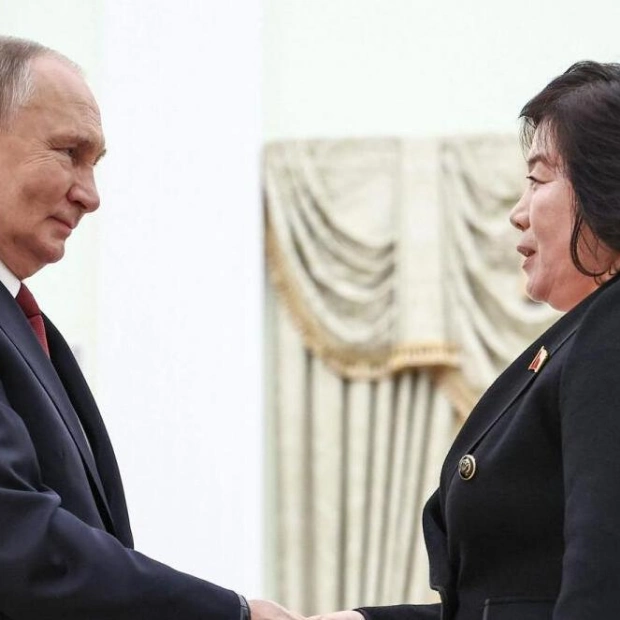Female Afghan students pursuing health studies were seen walking along a street in Kabul on Tuesday. — AFP
On Tuesday, senior staff members from various institutions offering nursing and midwifery courses in Afghanistan announced that women would be prohibited from attending classes, following a directive from the Taliban's supreme leader. Health officials convened with education institute directors in Kabul on Monday to communicate the ruling, according to a public health ministry official who was not authorized to speak to the media.
"There is no official letter, but the directors were informed during a meeting that women and girls are no longer permitted to study at their institutes," the official said. "They were not given any specifics or justification; they were simply told to follow the supreme leader's order." A manager from one of the institutes, who attended the meeting and requested anonymity due to fear of retaliation, reported that dozens of managers were present.
Another center's senior employee informed AFP that his boss had attended a separate meeting with health officials on Tuesday to clarify the rule, which had caused confusion. The employee stated that institutes were given 10 days to conduct final exams. Some managers sought clarification from the ministry, while others continued operations as usual in the absence of a written order.
Shortly after the Taliban regained control in 2021, they barred girls from education beyond secondary school, a restriction labeled "gender apartheid" by the United Nations. Female students then turned to health institutes, one of the few remaining avenues for education. They now constitute the majority of students in these centers. Afghanistan has approximately 10 public and over 150 private health institutes offering two-year diplomas in 18 subjects, including midwifery, anaesthesia, pharmacy, and dentistry, with a total of 35,000 female students, according to health ministry sources.
"What are we supposed to do with only 10 percent of our students?" one manager questioned. Aysha, a midwifery teacher at a private institute in Kabul who asked to use a pseudonym, said she received a message from management instructing her not to come to work until further notice, with little explanation. "This is a huge shock for us. We are psychologically shaken," the 28-year-old said. "This was the only hope for the girls and women who were banned from universities."
The United Kingdom's charge d'affaires expressed deep concern over the reports, stating on the social media platform X, "This is another blow to women's right to education and will further limit access to healthcare for Afghan women and children." The health ministry source warned that the ban would exacerbate an already struggling health sector. "We are already short of professional medical and para-medical staff, and this will result in further shortages."
Source link: https://www.khaleejtimes.com






